A Beginner’s Guide to the music of Bonnie “Prince” Billy
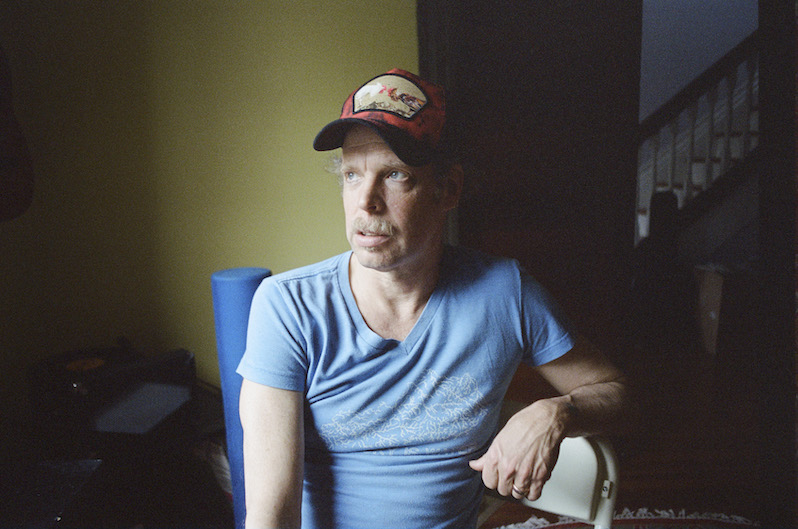
The music of Will Oldham has a timeless quality, but even more than that, it feels ageless. Most of the albums he’s released throughout his career—either as Bonnie “Prince” Billy or with his earliest project, Palace—sound as if they’ve existed for decades or that they could have been released yesterday. And as a prolific singer/songwriter with three decades of music under his belt, some of them now have been around for decades. But even in his twenties, Oldham made music that felt rusted and weathered, stripped of all glossy veneer.
A foundational and influential artist in indie folk and alt-country, drawing inspiration from a long history of Appalachian folk music and traditional American music, Will Oldham has written music both joyful and devastating, beautiful and haunted. He writes with a playful sense of humor while acknowledging the lingering shadow of death, and has recorded music with lush arrangements and solitary guitar-and-voice balladry alike. He’s one of the most consistently interesting musical artists of the past 30 years, and like most of those who fit that description, he’s also one of the most unpredictable, prone to release a simple set of folk songs one moment and engaging in a stylistically varied set of cover songs the next.
This month marks the 25th anniversary of Oldham’s most well-known and celebrated album, Bonnie “Prince” Billy’s I See a Darkness. So we took a look back at the most remarkable moments from throughout his career and assembled a beginner’s guide to the best Bonnie “Prince” Billy albums to start your journey throughout his long and diverse catalog.
Note: When you buy something through our affiliate links, Treble receives a commission. All albums included are chosen by our editors and contributors.
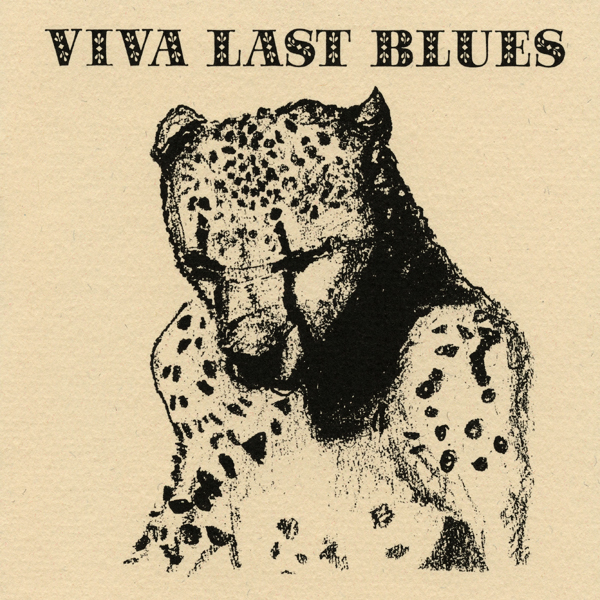
Viva Last Blues (Palace Music, 1995)
Will Oldham debuted his Palace project in 1993, its loose debut album There Is No-One What Will Take Care of You recorded with members of Slint as his backing band. (Just two years prior, Oldham took the cover photo of Slint’s Spiderland.) Viva Last Blues, the third Palace record—and first as Palace Music following two as Palace Brothers—features an entirely different lineup, including Oldham’s actual brother, Ned, as well as Sebadoh’s Jason Loewenstein, as well as a more muscular grittiness that yielded some of the earliest of Oldham’s songs strong enough to warrant the frequent Neil Young comparisons that followed him for years. There’s a mix of earnestness and humor throughout that’s curious at face value; who else but Oldham could sing a line like “If I could fuck a mountain, lord, I would fuck a mountain” without a trace of irony? Viva Last Blues is alternately dark and sophisticated, rowdy yet refined, juxtaposing a country-rock barnburner like “Work Hard/Play Hard” against a thoughtful and sentimental waltz like “New Partner,” which remains one of the greatest songs in Oldham’s catalog.
Listen/Buy: Spotify | Amazon (vinyl)
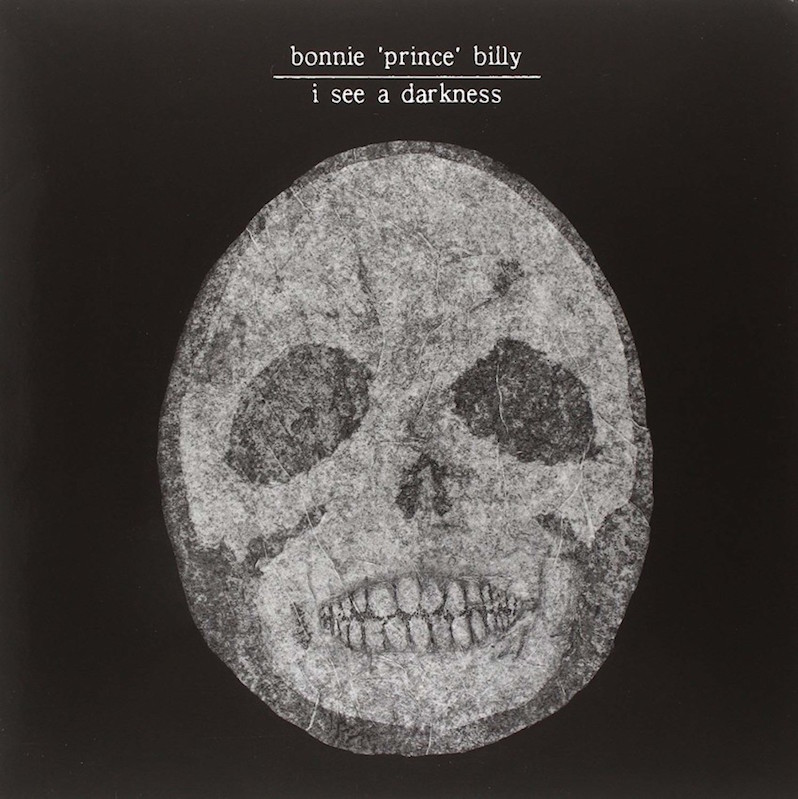
I See A Darkness (1999)
Oldham’s haunting 1999 masterpiece I See A Darkness, generally regarded as his single greatest album (with good reason), was the first released under the Bonnie “Prince” Billy alias, introducing a new chapter with a set of devastating gothic folk ballads that simply aren’t meant to be played before the sun sets. It’s a cryptic yet ominous set of songs, subtle in their presentation and penetratingly intense in their frequent reminders of death. Within its 38 minutes are moments of country gospel hymns (“A Minor Place”), horn-laden chamber folk (“Today I Was An Evil One”), funereal warnings of one’s own mortality (“Death to Everyone”) and even gothic country gone dub (“Madeleine Mary”). The slow-burn darkness of standouts like “Song for the New Breed” and “Knockturne” are reminiscent Jason Molina, Oldham’s onetime bandmate in Amalgamated Sons of Rest. Fittingly, the title track was covered a year later by Johnny Cash on American III: Solitary Man, alongside the likes of Nick Cave’s “The Mercy Seat,” and that alone speaks volumes about this album’s place in both Oldham’s catalog and the canon of American music as a whole.
Listen/Buy: Apple Music | Amazon (vinyl)
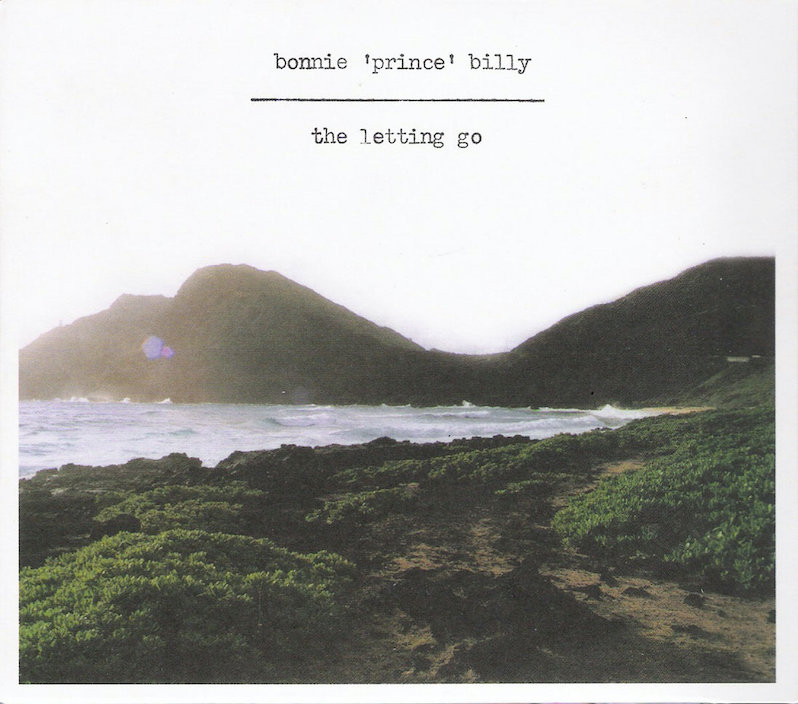
The Letting Go (2006)
Recorded in Iceland, The Letting Go is at once the most graceful and stately of Oldham’s recordings as well as one of his most unpredictable. Backed by the string-laden grandeur of Nico Muhly’s arrangements and paired with a harmonic vocal counterpart in Faun Fables’ Dawn McCarthy, Oldham embraces a lush beauty throughout his 2006. He embraces richly orchestrated chamber-folk in the magnificent “Cursed Sleep” and haunting, powerful climaxes in “Strange Form of Life,” while delving back into rustic lo-fi sounds in the homespun “Cold & Wet.” There’s a chill that permeates these songs even as they retain the beauty and humanity of Oldham’s songwriting at its best—perhaps that’s just the natural surroundings of the outside environment seeping in. But even as Bonnie “Prince” Billy detours from the rustic Americana of his great earlier records, The Letting Go showcases the kind of majesty he can craft when stepping beyond the familiar.
Listen/Buy: Apple Music | Amazon (vinyl)
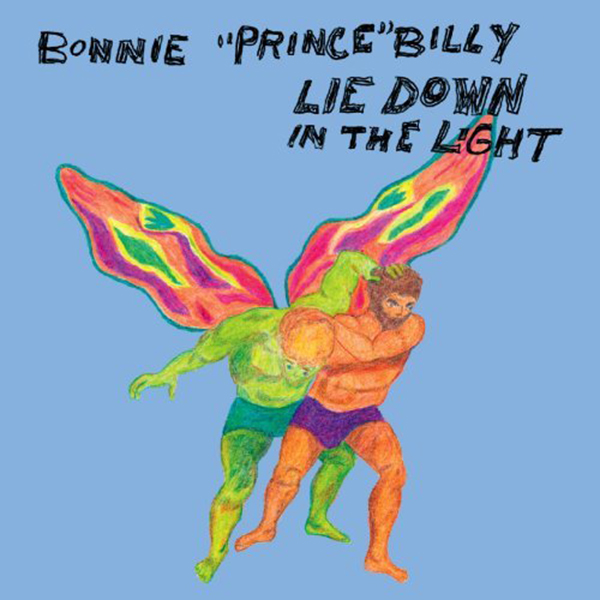
Lie Down in the Light (2008)
One of the brightest, warmest releases in Bonnie “Prince” Billy’s catalog, Lie Down in the Light makes a significant leap away from the darkness of his earlier material, instead reveling in simpler pleasures and an approach that favors watching the sun rise over dark nights of the soul. The leadoff track, naturally, is called “Easy Does It,” and feels more like a porchside sing-along than anything Oldham had ever released prior. Meanwhile, on “You Remind Me of Something,” he sings “I like the places where the night/Does not mean an end/Where smiles break free/And surprise is your friend,” and those places occur throughout the album. Lie Down in the Light is a modest celebration, a life-affirming album that’s at once one of Oldham’s most accessible and big-hearted, a record that’s all too easy to love.
Listen/Buy: Apple Music | Amazon
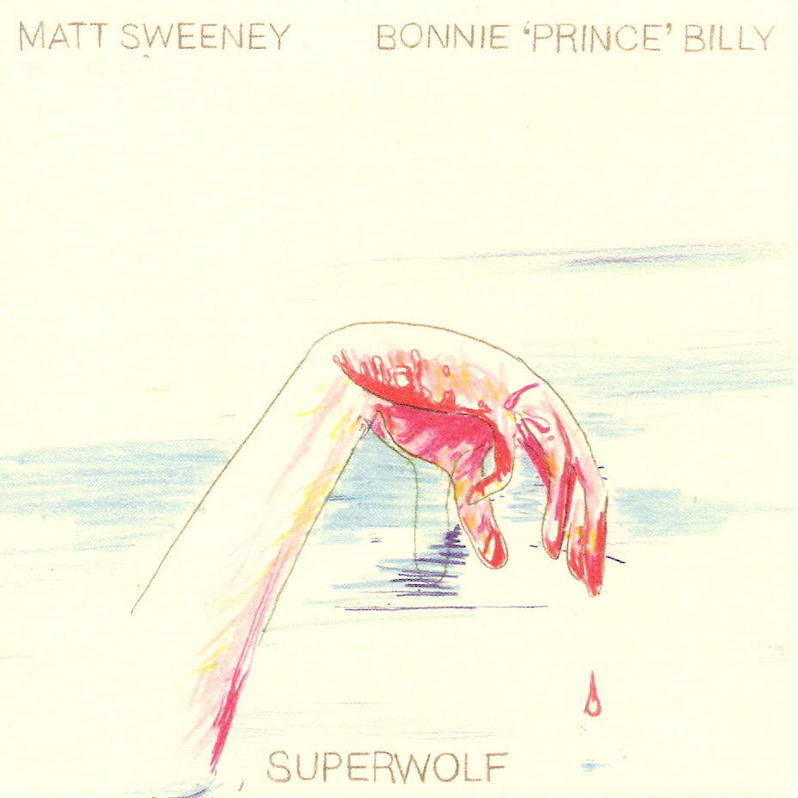
Superwolf (with Matt Sweeney, 2005)
Will Oldham is a singular songwriter, though he’s built up an ample body of work with collaborators such as Tortoise, Bill Callahan, Dawn McCarthy and even Angel Olsen before she released her debut album. With Matt Sweeney—guitarist/vocalist for Chavez and a member of Zwan, among other projects here and there—Oldham found a natural counterpart, one who not only complements and feels naturally suited to his own songwriting style, but enriches and enhances them as well. One only need hear opening anthem “My Home Is the Sea” on their debut collaboration Superwolf to hear the two at full strength, building up into a powerful roar that finds Oldham going from reiterating a deathwish to ultimately having a laugh about his tummy. It’s weird and loud and epic and life-affirming—like Oldham’s music on the whole, really. But there’s an added dose of muscle here, the presence of Sweeney’s guitar giving a little extra armor to each of these songs, all the while his vocal harmonies sweetening them. When given his own spotlight at the helm on “What Are You?”, he proves himself just as adept at crafting a strangely affecting folk ditty. Yet the greatest moments are those in which the two artists work synergistically, Sweeney’s dirty strums darkly bolstering Oldham’s vocals on “Goat and Ram,” or how Oldham’s rusty vocal creak crashes up against Sweeney’s arpeggios on the haunted “Blood Embrace.” Stark as the album might be on the whole, the duo create entire worlds of possibility on their own—which they’d follow up to great effect on 2021’s Superwolves.
Next Steps: Oldham’s streak of early records as Bonnie “Prince” Billy is pretty consistently strong, and 2001’s Ease Down the Road and 2003’s Master and Everyone build on the haunting, understated sound of I See a Darkness with their own stark, yet richly rewarding songs. With 2019’s I Made a Place, Oldham delivered one of his warmest and most accessible albums that, much like Lie Down in the Light, seems to revel in a slower way of life and a celebration of simple things. And the newly released Keeping Secrets Will Destroy You is similarly gentle in approach and mature in its outlook, but no less characteristic of Oldham’s idiosyncratic, evocative songwriting.
Advanced Listening: As mentioned above, Oldham has collaborated with innumerable other artists throughout his career, resulting in a wildly eclectic set of releases, some that naturally complement his signature sound, some that find him stepping into entirely different territory. Among these, Superwolves, the follow-up to his 2005 album with Matt Sweeney, is a natural next step, picking up where the duo left off 16 years earlier, as well as expanding that to feature some performances from Tuareg guitarist Mdou Moctar. That same year, Oldham teamed up with fellow troubadour Bill Callahan for Blind Date Party, a series of covers that likewise finds them joined by artists such as Ty Segall, Bill Mackay and Six Organs of Admittance. There’s also nothing else in Oldham’s catalog like Epic Jammers and Fortunate Little Ditties, his album with hypnotic kosmische group Bitchin Bajas, which juxtaposes his folk songwriting against the group’s psychedelic electronic sprawl.
Treble is supported by its patrons. Become a member of our Patreon, get access to subscriber benefits, and help an independent media outlet continue delivering articles like these.
Jeff Terich is the founder and editor of Treble. He's been writing about music for 20 years and has been published at American Songwriter, Bandcamp Daily, Reverb, Spin, Stereogum, uDiscoverMusic, VinylMePlease and some others that he's forgetting right now. He's still not tired of it.

